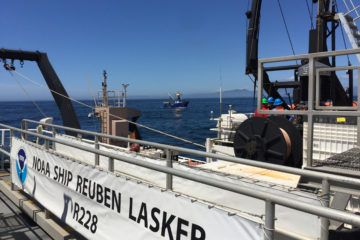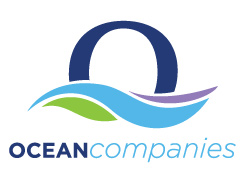
Fish meal plant gets approval for new odor controls
BY JACOB JONES – The Daily World
Saturday, June 7, 2008 12:44 AM PDT
The Ocean Protein fish meal plant in Hoquiam has received approval to install $750,000 in new odor controls as summer processing gets started.
Richard Stedman, executive director of the Olympic Region Clean Air Agency, announced the decision Friday, which allows taller release stacks, additional fans and an Air Phaser system to oxidize air particles.
“ORCAA has concluded that (Ocean Protein’s) proposed modifications will improve odor control and comply with (emission regulations),” the decision states.
Neighborhood residents will have to decide whether to hold their breath. Several people who attended a public hearing on the issue on May 21 raised concerns about
whether the devices would actually clear the foul air that has plagued them since the plant
opened in 2005.
General Manager Aaron Dierks said the Air Phaser system, which uses a non-thermal plasma field to oxidize outgoing air, will bring the company’s total expenditures on odor control to almost $5 million.
That cost includes extending the stacks to 80 feet and adding purging or scavenging fans to direct odors into air scrubbers.
“We are excited to be able to take this next step in applying the latest technology innovation to our processes,” Dierks said in a news release. “It is a safe, sustainable approach to odor reduction that reflects our commitment to making this community a good place to live and work.”
Dierks said he has seen the Air Phaser device operate well in Canadian plants. The new device was expected to take about two weeks to install and residents should notice an immediate improvement.
The air quality agency approval comes with 23 conditions for the operation of the new controls such as closely monitoring the ozone levels released during the oxidation process, according to the decision. An automatic shut-off should be installed to prevent ozone from going beyond safe limits.
The decision also requires Ocean Protein to develop an odor complaint response plan, which records atmospheric conditions and carefully monitor complaints before passing them along to the air quality agency.
Extensive monitoring and records of outgoing air must be reported to the agency.
Dierks said in the release the plant will continue to work toward eliminating the smelly side effect of the company’s fish processing, as they have for the past three summers.
“We are constantly looking for new ways to improve our processes,” he said.


